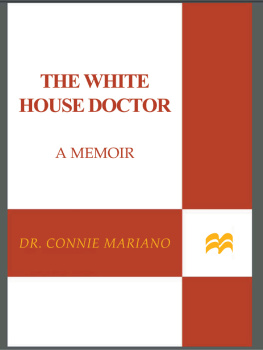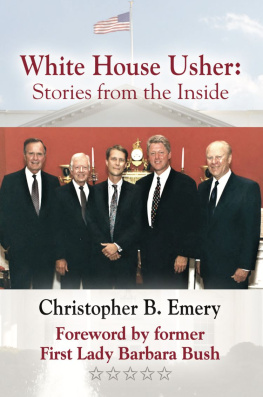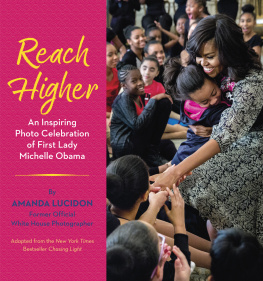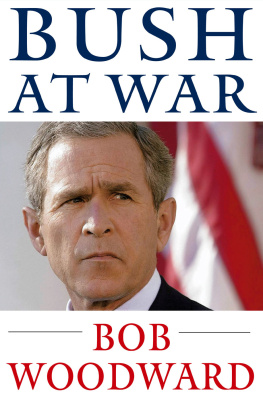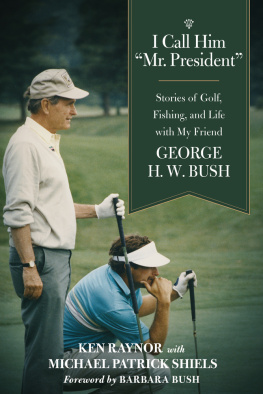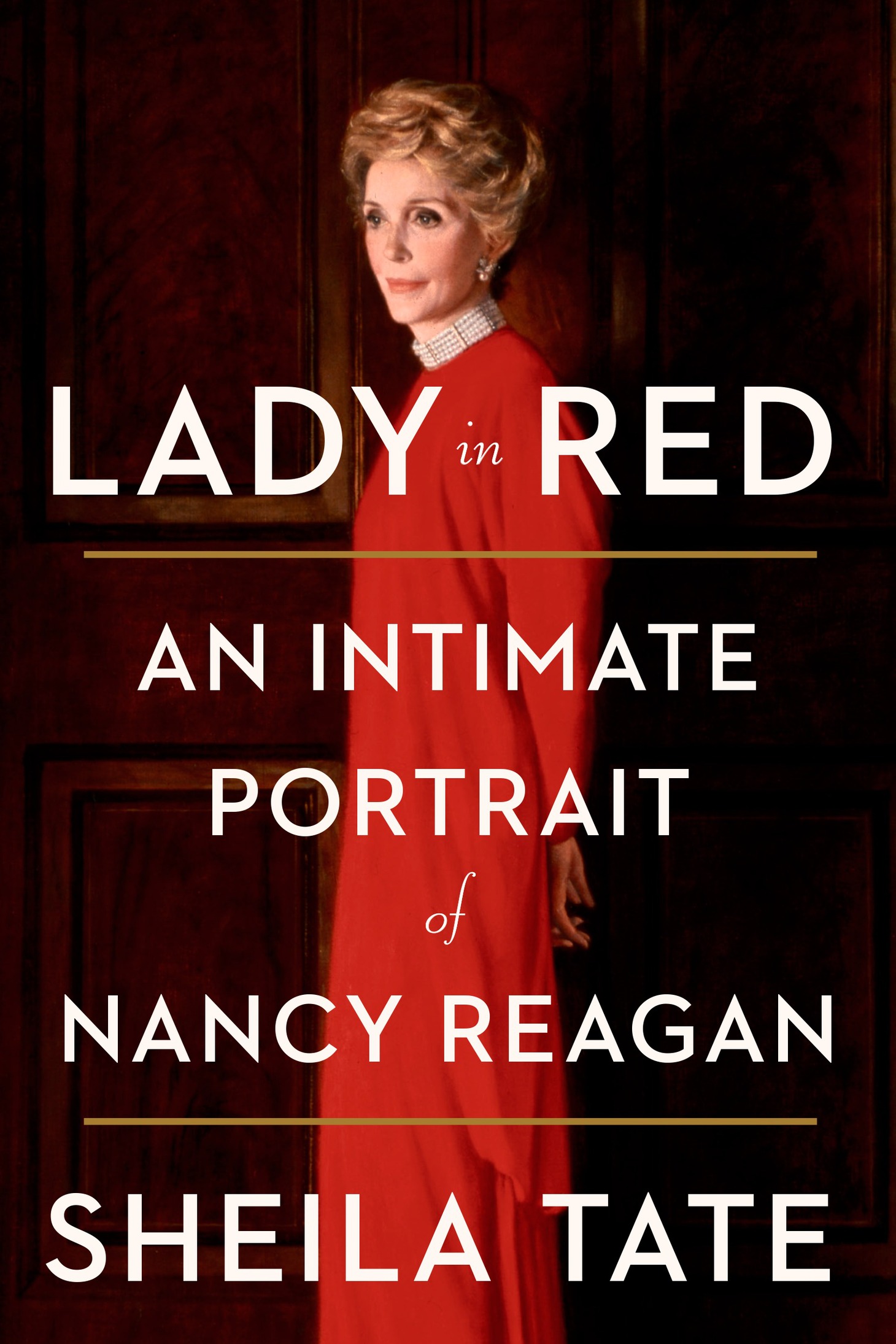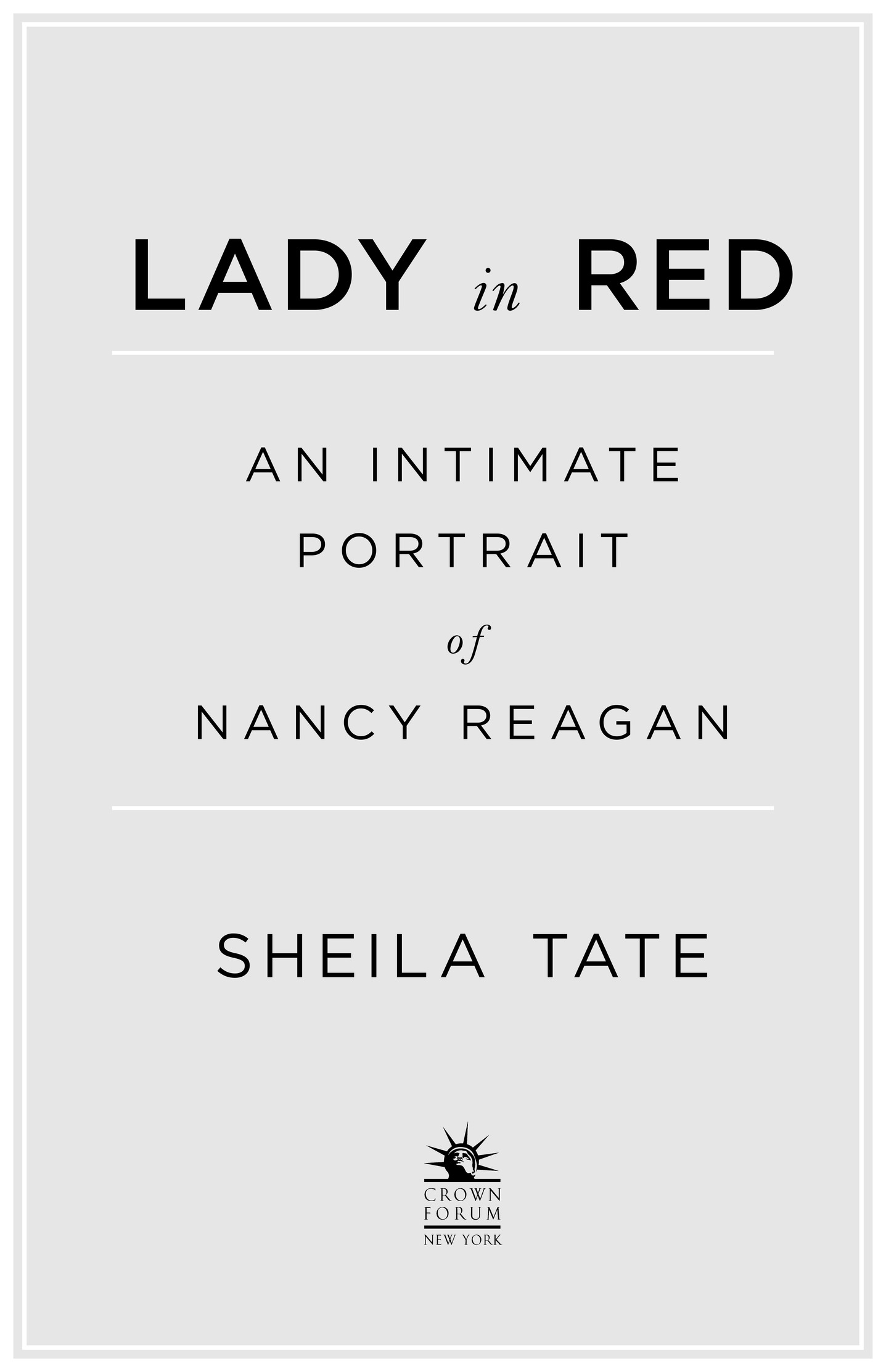Nancy Reagan was truly one of the most loyal and protective spouses I have ever met in my ninety-three years. My dear friend Ronald Reagan could not have asked for a better partner. No matter the issuepolitics, world affairs, inside White House gamesmanshipNancy had his back. She and I tangled a time or two, and she could be a complicated person, but I always kneweven when we disagreedthat her motives were pure. It was never about her. It was about her beloved Ronnie. And for that she had my utmost respect.
President George H.W. Bush
Introduction
One of the hardest things I ever had to do was to tell Nancy Reagan I was leaving the White House. After working for her for more than four years as her press secretary, I reluctantly decided it was time to leave government service and to return to a more normal life, if thats the right way to describe the public relations business. My government service over those four years had involved so much sacrifice and inconvenience. Not for me; for my husband and children. Because my schedule as press secretary was subject to change at a moments notice, we, my husband and I, realized that for four years we had never been able to entertain our friends. I missed many of my childrens school activities, but they missed their mother being at home at night, making dinner and talking over the day. It felt like the right time to say goodbye.
Still, it was difficult to give the news to the First Lady, with whom I had worked so closely and whom I had come to know and admire greatly.
We were standing in the middle of the private living room in the residence when I blurted out my news with tears in my eyes. I told her how much it hurt to leave. Thank you, Mrs. Reagan, I said, for allowing me the honor of working for you. She walked up next to me and hugged me. We talked for a while and she suggested it was high time I started calling her Nancy. I would do so for the next thirty years.
The story of how I came to be Nancy Reagans White House press secretary is one of happenstance, Irish luck, and a well-connected boss.
I grew up in the Virginia suburbs of Washington, the second of five children. My dad was a communications attorney in DC; my mother was a traditional homemaker. In 1960, after graduating from Falls Church High, I was off to college at Duquesne University in Pittsburgh, where I majored in journalismthe who, what, when, where, and why school of journalismand then began my career working at various public relations agencies. That was work I loved. I married and divorced; by 1979 I was back in Falls Church with two wonderful children, ages six and nine.
Two years later, two major developments changed my life. I married a wonderful fellow named Bill Tate and Nancy Reagan gave me a job.
Bob Gray headed up the Hill and Knowlton Washington office where I worked. He became communications director of the Reagan Bush campaign, taking several staff members with him to join the effort while I stayed behind to run a large portion of our business. The only political work I did was early in the primaries when I made evening calls as a volunteer at the phone bank asking for donations to Texas governor John Connallys campaign for the presidency.
After Ronald Reagan won the election in 1980, Bob Gray called and asked me to send him a copy of my rsum. He was aware of a position for which he felt I was well qualified. He said he couldnt tell me what it was but that it was right up my alley. The next thing I knew, within hours, I was asked to be at Blair House that evening at 6:00 p.m. I had walked by Blair House, the official White House guesthouse, too many times to count but had never been inside. It was and is on Pennsylvania Avenue, across the street from the White House.
In between that call and my arrival, I got dressed in a navy-blue suit and realized that the only nice heels I had were a mess. Off to the shoe repair shop where I begged the repairman to shine them while I waited.
When I checked in with the receptionist at Blair House, she motioned for me to sit down and told me someone would come for me shortly. I began noticing people Id just seen on television walking through that roomGeneral Alexander Haig, who had been appointed secretary of state, and National Security Advisor Dick Allen. The room itself was a lovely old-fashioned parlor, and I started thinking about how this house had functioned as the White House for a period of time when Harry Truman was president while he was having the now famous Truman balcony installed on the south side of the White House. And the attempt on his life while he was there.
After a wait of about fifteen minutes, Peter McCoyNancys first and by my measure best chief of staffcame out to meet me, introduced himself, and ushered me upstairs to a second-floor room. I had figured out the potential job must be the press secretary job by the time I met Nancy. Bob Gray had told me that I would be meeting Nancy Reagan and that the job was in the East Wing. I had read the negative press coverage she received about wanting the Carters to move out of the White House early capped off by a story that she slept with a tiny little gun when Ronnie was out of town. I remember wondering if this would be an impossible job.
There she was, Nancy Reagan, in real life, standing waiting for me. She was, I recall, wearing a green wool dress. After greeting me, she said, I have been looking forward to meeting you after reading your rsum. I said, I am thrilled to be here and to have the chance to meet you in person.


